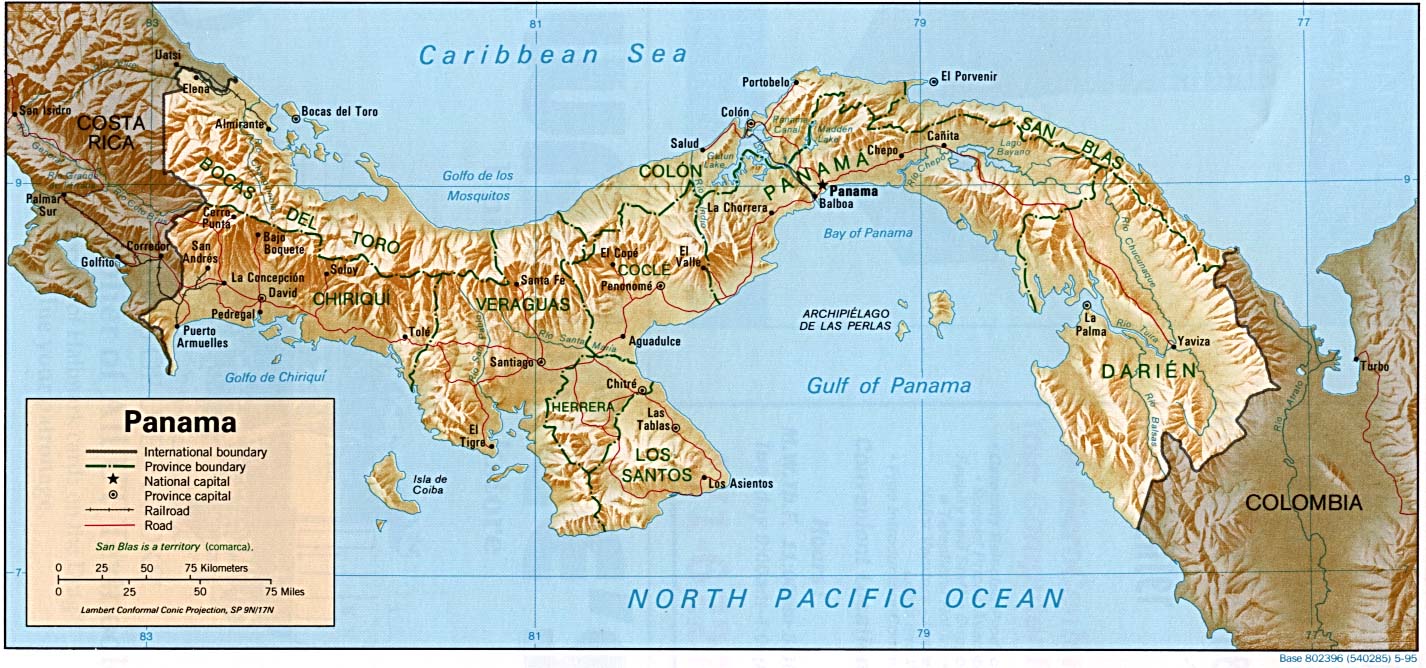Mossack Fonseca and the journalists
Armed robbers with gloved hands bundle gold bars into open-zippered holdalls. An innocent security guard is beaten up by thugs and doused with petrol. Hang on, it’s before the watershed – should they be broadcasting scary scenes from gangster movies before the kids are in bed? No, my mistake – it’s just some of the opening scenes from Panorama’s latest episode “Tax Havens of the Rich and Powerful”, exploring the fallout from the recent leak of files from Panamanian law firm Mossack Fonseca.
Gripping stuff indeed. However, I am not so sure that the many offshore financial services professionals I have dealt with on numerous occasions in over 30 years of working life will recognise the picture that Panorama paints so vividly. Not one of them has recounted to me how scarcely a day passes by without a corrupt world leader or armed robber dropping in, the latter barely having had time to remove the stocking mask from his head before taking his seat in the boardroom, getaway car parked outside, its axle groaning under the weight of gold bars.
There is no doubt that there is a substantial amount of tax evasion and other corrupt practices going on in the world, and a small part of it involves offshore companies, etc., but the idea that to any great extent it is achieved with the assistance of crooked professionals in the offshore financial services industry hiding behind cloaks of secrecy is not merely fanciful; it is a downright lie. But the simple fact is that the vast majority of tax evasion does not involve “offshore” at all, and that which does is not conducted through offshore professionals, but is simply founded on the dishonesty of the evader -without any professional involvement whatsoever. Google “offshore company” and you can have one set up in the jurisdiction of your choice and a bank account to go with it in no time – enough to evade tax to your heart’s content, should you be minded to do it. But the suggestion that tax evasion is commonplace in the world of offshore financial services is both wildly inaccurate and offensive. The vast majority of offshore financial services providers value their integrity, reputations – and their licences to carry on business – far too highly to become involved in that kind of nefarious activity.
The fact is that a great deal of overseas capital investment has been attracted to the UK only because of the nation’s relationship with offshore jurisdictions and the professionals who work in them. The UK has always had a tax system which benefits individuals of non-UK origin, whether non-UK resident or temporarily UK resident, and which facilitates and eases inward investment. It has always been tacitly accepted that it is frequently necessary to use offshore jurisdictions to access some of those benefits. An example is the “excluded property trust”, a means by which an individual coming to the UK can keep his assets outside of the scope of UK inheritance tax, even if he or she subsequently becomes deemed domiciled or domiciled in the UK. Even though this manoeuvre must be performed “offshore”, it is recognised by HMRC as tax mitigation, not tax avoidance, and rightly so.
Mark Twain wrote that one should never let the truth get in the way of a good story. He was referring to writing fiction, but the coverage of the Mossack Fonseca leak in the Panorama programme and in the pages of The Guardian show that this approach is very much the stock in trade of the investigative journalist. Offshore is equated in their fevered imaginations with tax avoidance, evasion, corruption and crime, so the idea of a legitimate use for an offshore entity never crosses their minds. In the vast majority of cases, no evidence of actual wrongdoing has been uncovered by the investigative journalists at all. But hard evidence is unnecessary for the purposes of smearing, mud-slinging and innuendo: all you need is the conviction, however unjustified, that there is no smoke without fire.
It is true that there are rotten apples in every barrel and some of the revelations from the Mossack Fonseca leak are, on the face of it, disturbing. What is also disturbing is the extent to which journalists seem to find it impossible to differentiate between egregious and frankly rather ordinary uses of offshore entities.
Ever since I have been involved in tax, I have been appalled by the ignorance and simple-mindedness of journalists, to the extent that I do not believe anything they write now on any subject. Far too often, they report even the simplest of issues in a way which is woefully inaccurate or misleading, whether knowingly or otherwise. There are several reasons for this: lack of knowledge and understanding, apparent inability to register or comprehend nuance (and in the tax world, and the legal world generally for that matter, nuance is everything), and the almost constant presence of that most distorting of mirrors, a political agenda. But journalism is by its very nature ephemeral and the public’s attention will eventually and surely move on, having witnessed a great deal more heat being generated than light.
